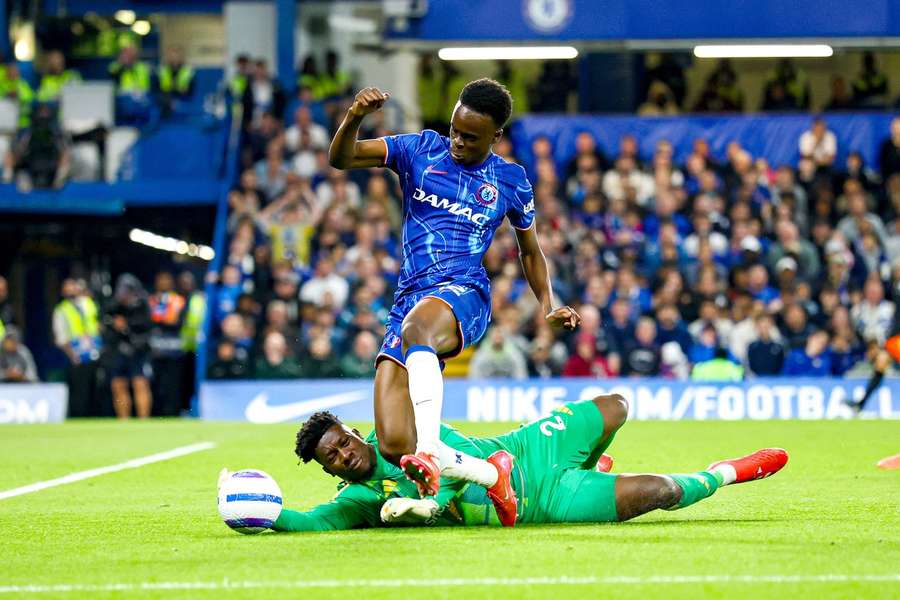TOP NEWS
TRANSFER WINDOW
MORE TRANSFER NEWSTRENDING FOOTBALL NEWS
Postecoglou welcomes Son return; eases Sarr concerns after Spurs defeat
Postecoglou draws positives from Spurs defeat at Aston Villa
Konsa pleased as Villa defeat Spurs: We all want Champions League football
Emery left delighted with Villa victory over Tottenham
'We know we are struggling' - Ruben Amorim reacts to latest Man United defeat
PREMIER LEAGUE
MORE EPL NEWSMANCHESTER UNITED
MORE MAN UTD NEWSMANCHESTER CITY
MORE CITY NEWSLALIGA
MORE LALIGA NEWSSERIE A
MORE SERIE A NEWSBUNDESLIGA
MORE BUNDESLIGA NEWSBORUSSIA DORTMUND
MORE BVB NEWSBAYER LEVERKUSEN
MORE LEVERKUSEN NEWSMOST RECENT
'The game just got away from us' - Postecoglu laments Tottenham performance vs Aston Villa
Konsa among goals as Aston Villa beat Tottenham to move into fourth
Four Premier League clubs issued Gambling Commission warning
Brighton make £30 million plus player offer for Greek wonderkid
Mohamed Salah was only '10 per cent sure' he would stay at Liverpool
